OLEN i-OCR
The iOCR program is actively involved in developing intelligent optical character recognition (iOCR) software, a valuable tool facilitating the conversion of printed documents and textual content within visual images into easily accessible digital formats. This software excels at transforming images and traditional PDF files into editable content, serving as a crucial resource for preserving important historical books in a digital format. Its versatility extends benefits to professionals in the technological field and individuals alike. In the context of Nepal, where freely available Optical Character Recognition (OCR) software for the Nepali language is scarce, iOCR addresses this gap by seamlessly converting content from images or PDF files in both Nepali and English languages into Word format. This capability makes iOCR an indispensable tool for handling multilingual content and contributes significantly to overcoming challenges in OCR solutions for the Nepali language.
Learn Now >>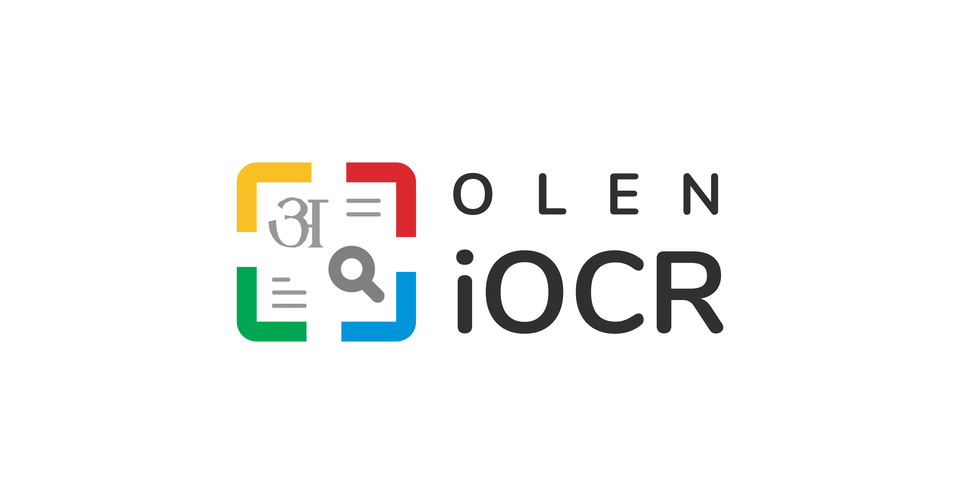
KEY FEATURES
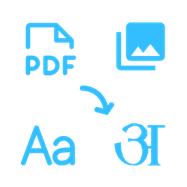
Nepali i-OCR
Convert Nepali/English language pdf/image to word document
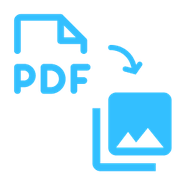
PDF to image
Convert any pdf file to image file
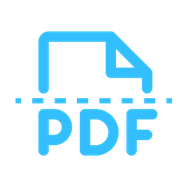
PDF Split
Split multi-pages pdf documents into individual files
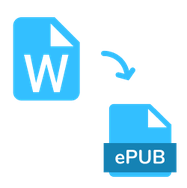
Word to E-Pub
Convert word documents into accessible E-Pub files
More About OLEN i-OCR
Making documents accessible
The process of making content accessible involves several steps to improve document readability. Initially, the document is converted to Unicode using i-OCR software. Afterward, efforts are made to enhance accessibility by adding clear descriptions (alt text) for images, organizing heading levels consistently, and identifying and formatting lists, tables, poetry, and regular paragraphs. Page numbers are aligned with the printed page for easy navigation. An extensive accessibility check ensures that the Word file is fully accessible. Finally, the accessible document is converted into an E-Pub format, specifically designed for screen reader users. This allows individuals using tools like NonVisual Desktop Access (NVDA) or other screen readers such as Thorium to easily listen to the content.
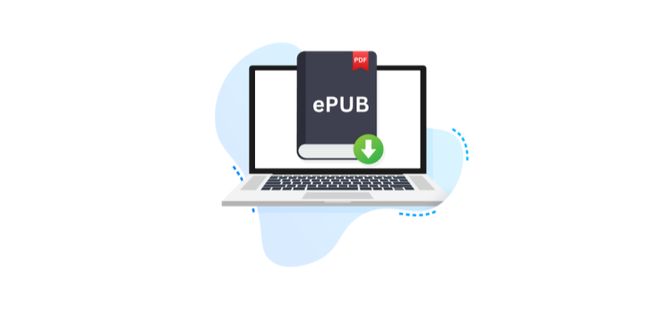
Current Projects
Intelligent Optical Character Recognition Application
March 15, 2024 - Aug. 15, 2024
OLE Nepal's iOCR is a web app that uses optical character recognition to convert scanned Nepali and English pdf/image documents into an word/text format, keeping the original layout. It aims to improve access to digital content and preserve culturally and historically important documents.
Learn More >>Enhanced Accessibility in Learning
Sept. 1, 2022 - Dec. 31, 2023
With the aim of promoting access in quality education for young learners including persons with disabilities, the KDDI Foundation has extended its partnership with OLE Nepal.
Learn More >>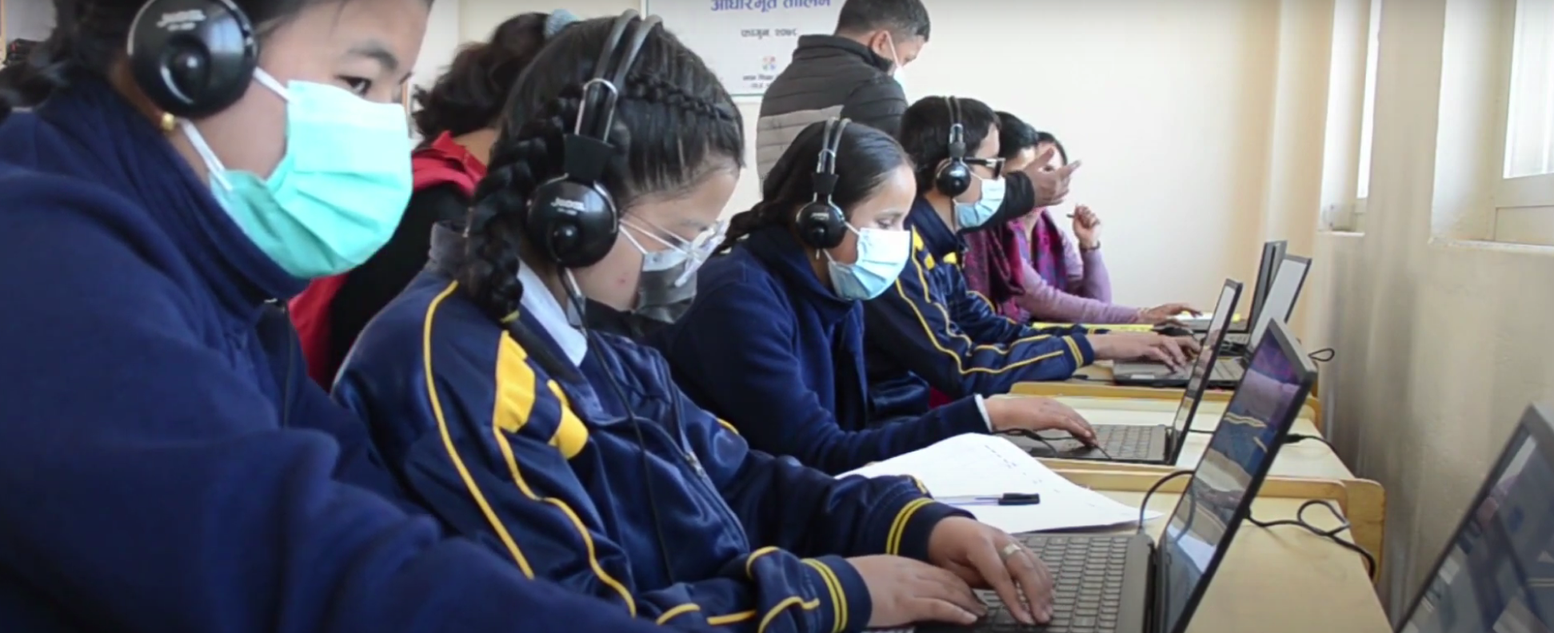
WHAT WE DO
Digital Learning Solutions
We develop free and open learning resources, designed with a student-centered approach and tailored to the local environment, to provide engaging and meaningful learning experiences for students.
Robotics and Programming
We train students and teachers to build and program robots using educational robotics kits, sensors, and easy-to-use graphical coding interfaces, fostering problem-solving, creativity, and technical skills.
Teacher Trainings
We empower teachers through comprehensive training in IT literacy, child-centric interactive teaching, and seamless integration of ICT-based instruction, utilizing practical teaching and interactive hands-on sessions.
Infrastructure Support
We help schools set up low-power and affordable computer labs connected to an offline server and WIFI router, providing access to learning resources in areas with limited or no internet connectivity.
contact us
Whether a short-term event, project, or longer-term commitment, we welcome you to join the effort. Don’t hesitate to reach out with the contact information below, or send a message using the form.
Thank you for contacting us. We will get back to you as soon as possible. If you have further comments, you can also contact us directly at info@olenepal.org.